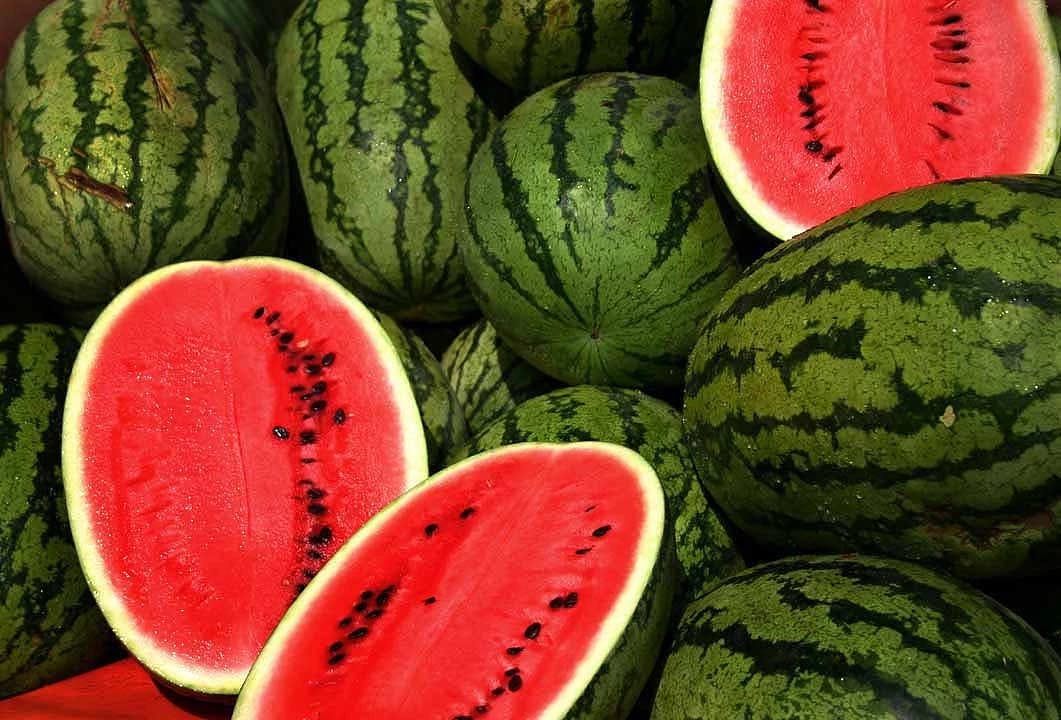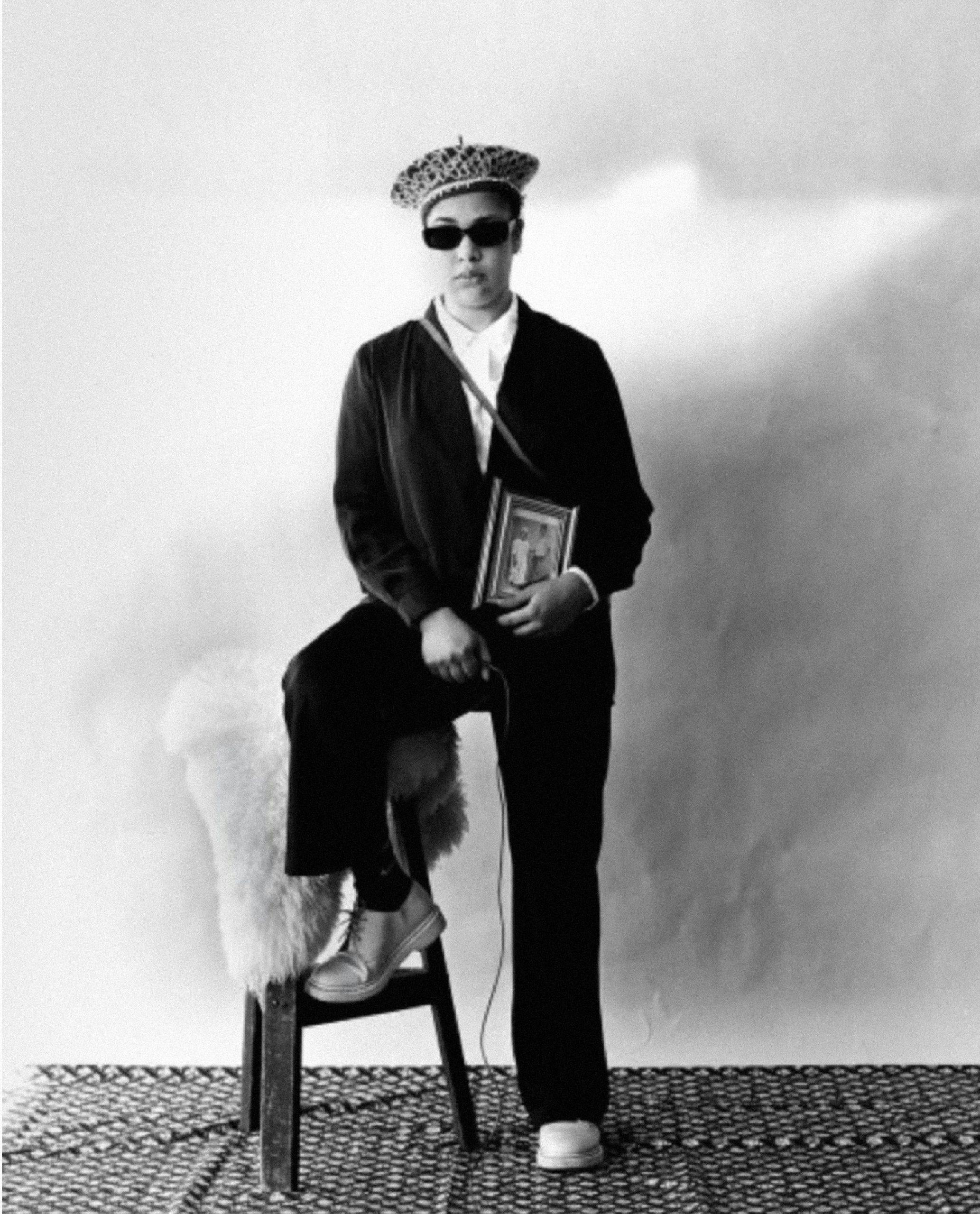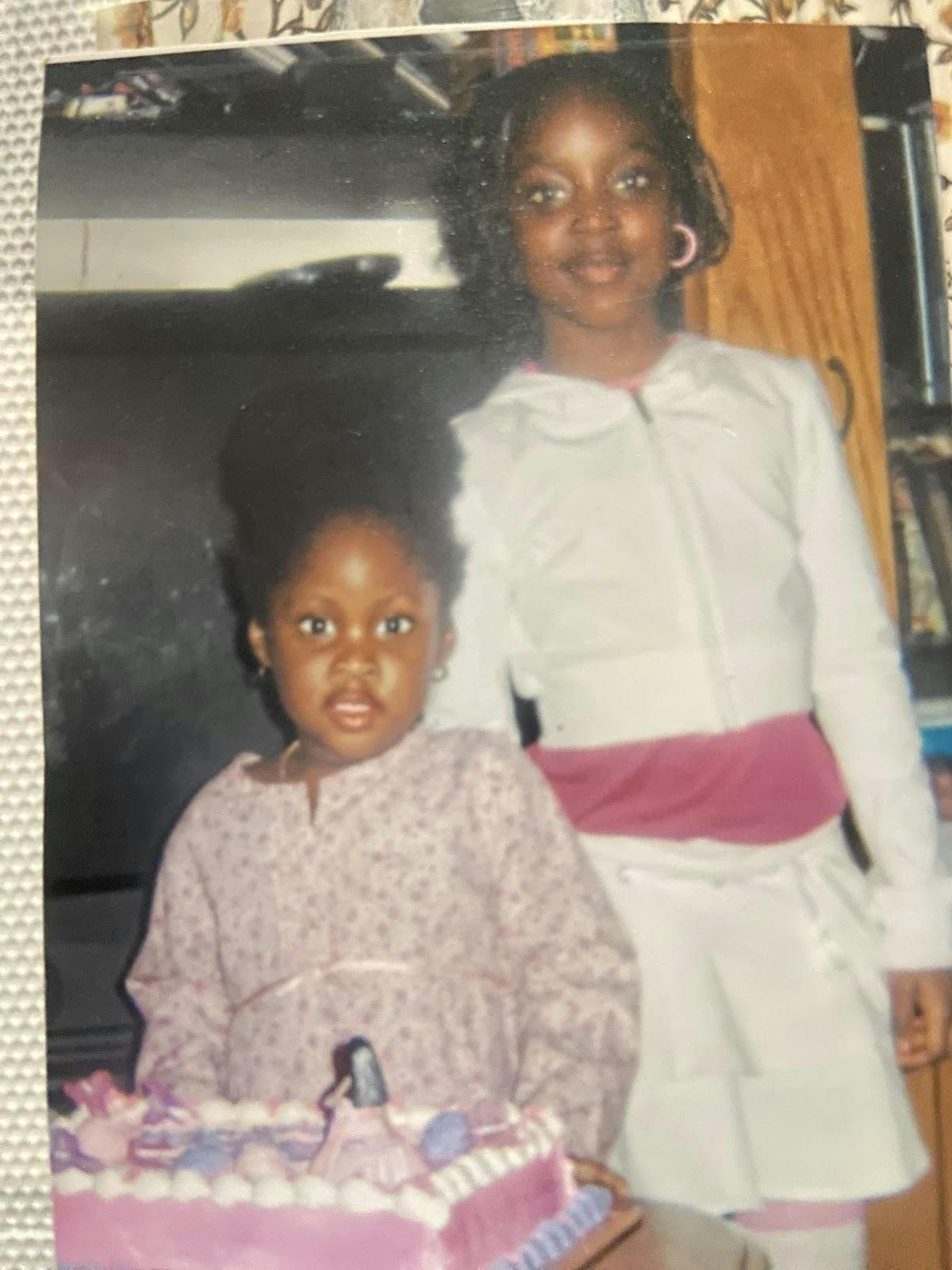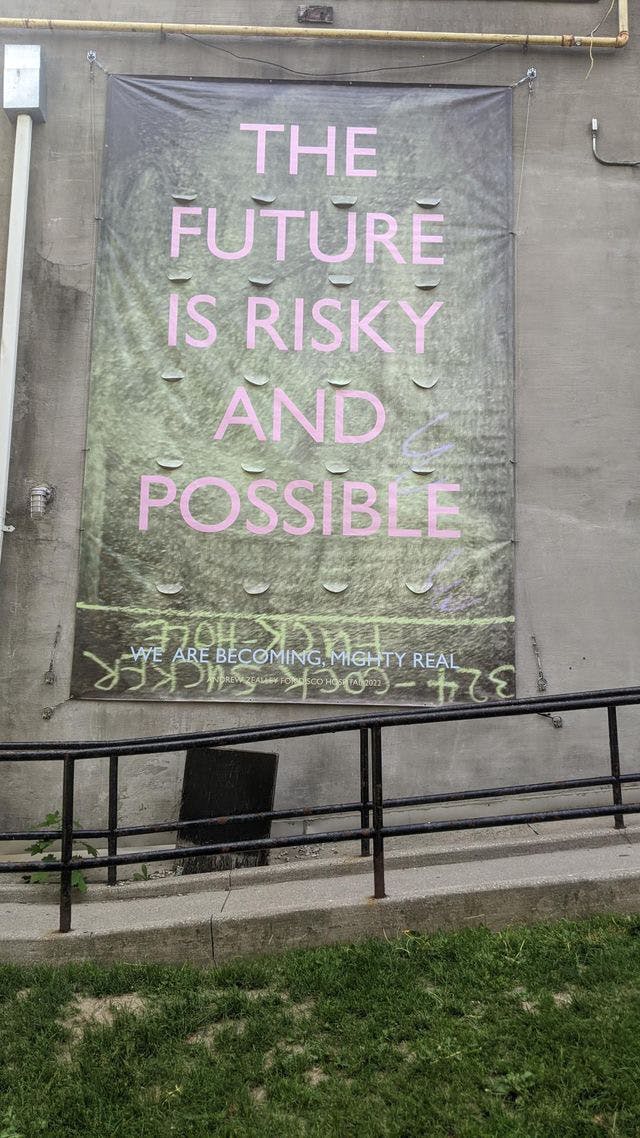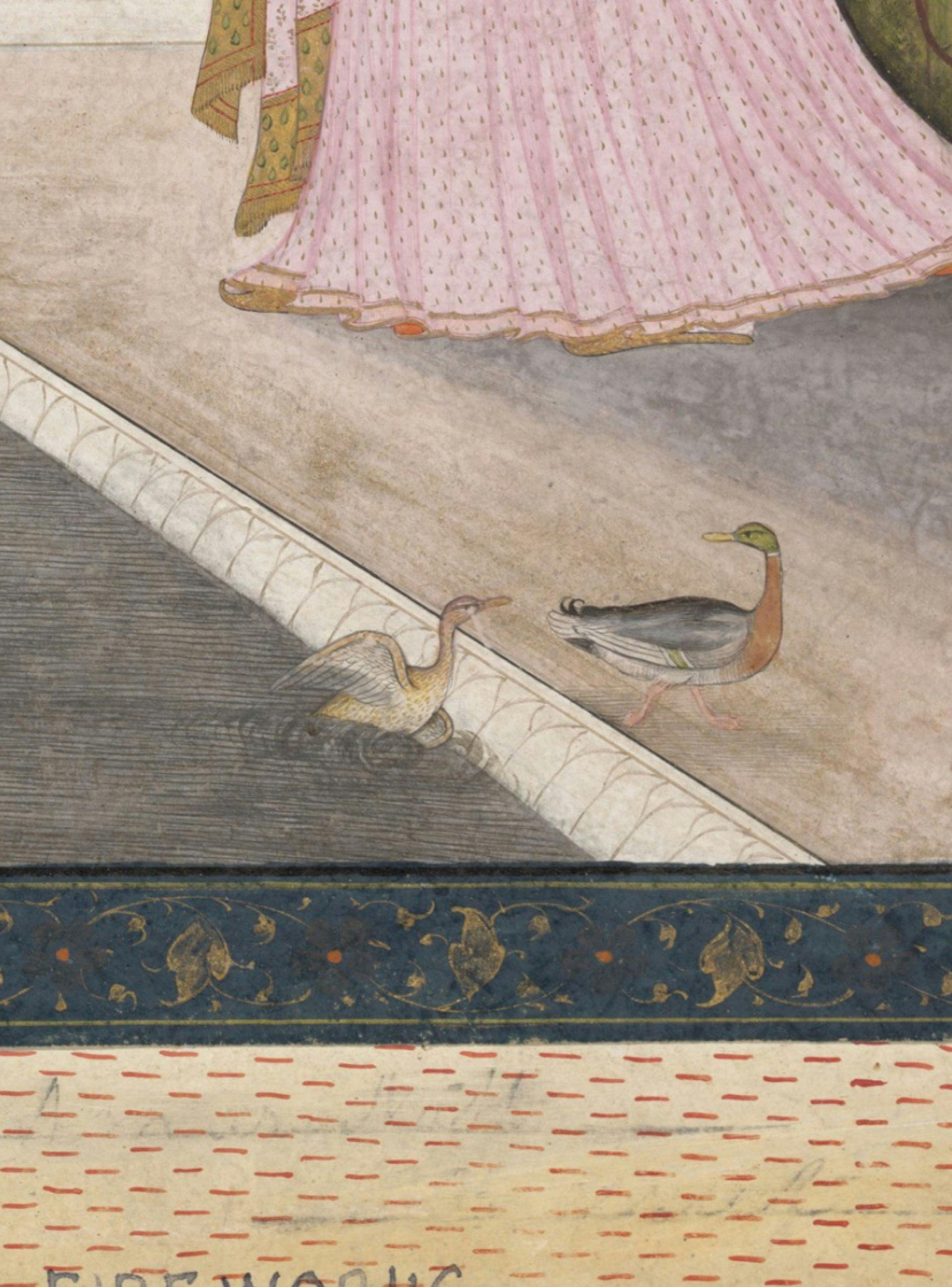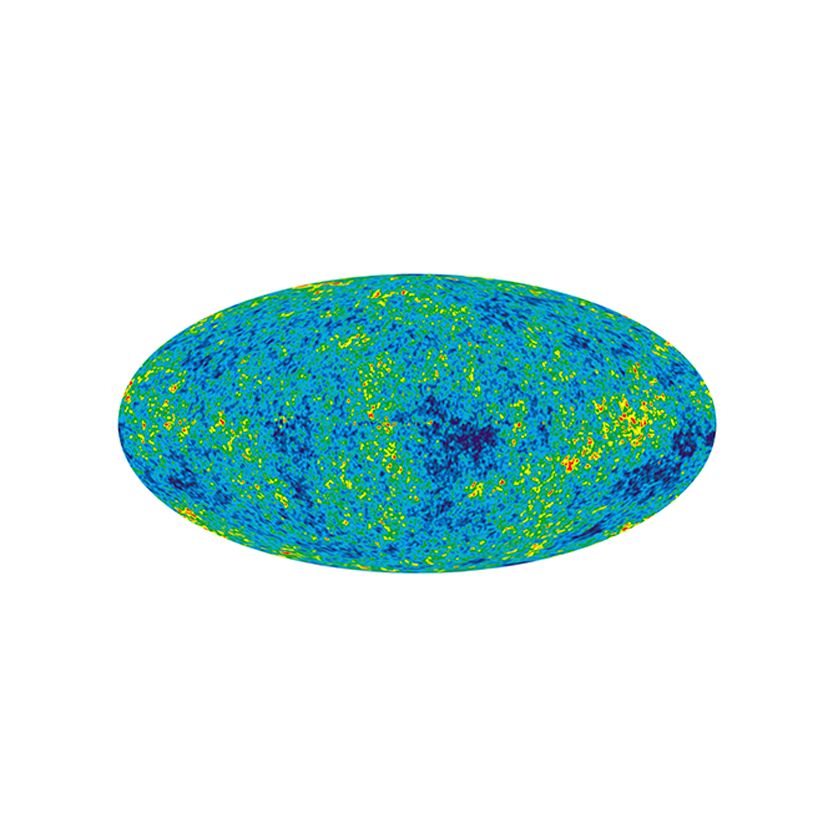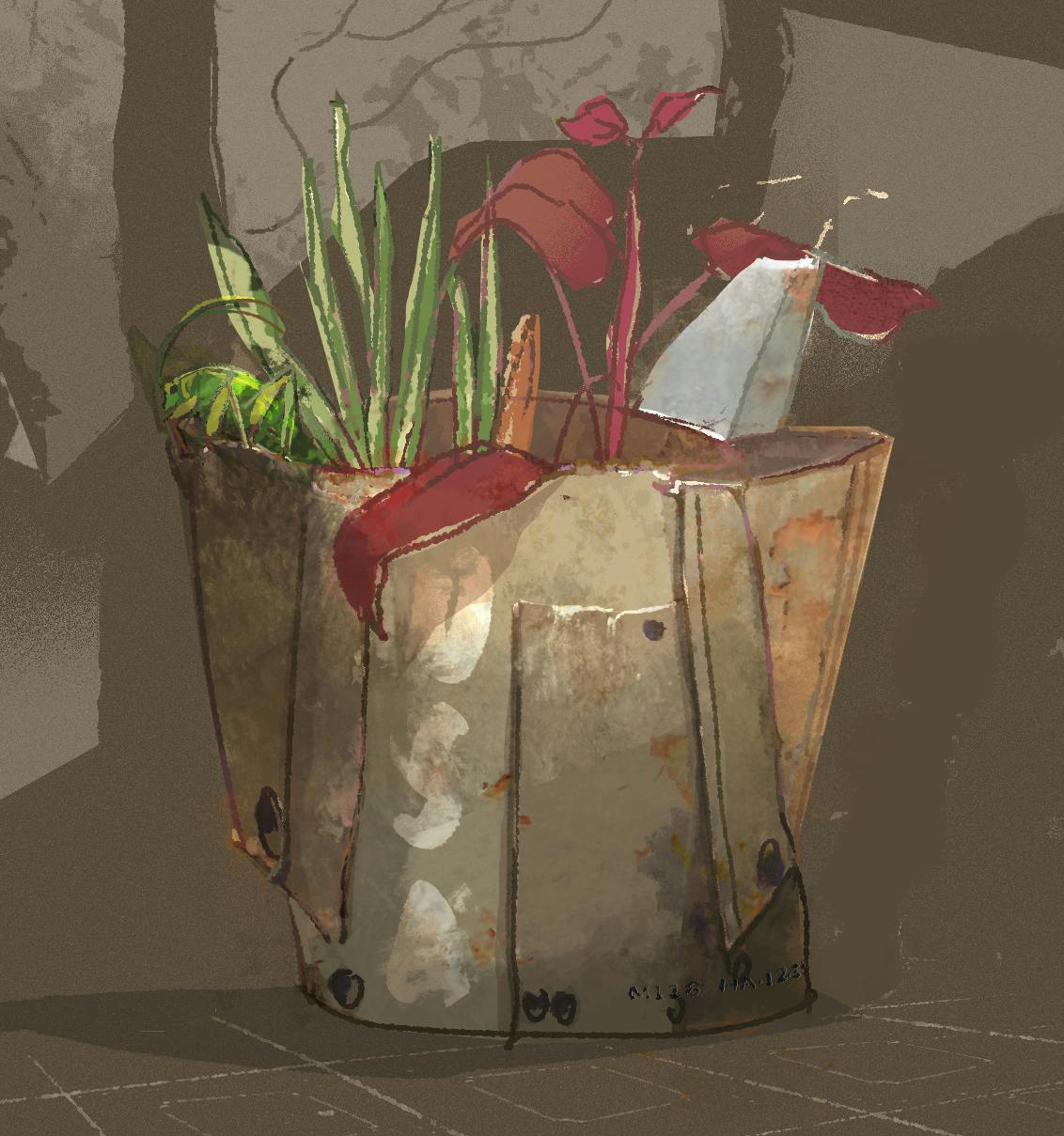
The following is a revised excerpt of the introduction to Read Ritual: an anthology (Locked Horn Press) by Amanda Fuller and Hari Alluri. The full version lists additional reading approaches, examples, and repetitions. For this version, we focused on resonating with the issue’s theme of conversations with the past—avoiding repetition, and gathered, joyfully—two cycles not in the original include: a cypher of “pasts within the future” and “spells for connection—invocation and renewal.”
Dear Reader,
We’re thinking about connection, how the making and reading of poems might be understood as ritual. Poetry cycles (or recycles) thought and emotion—simultaneously held and released—connecting with lived experience to create energy. A poem written 500 years ago can be quite alive today; how it’s received and how its energy bends may not be exact to when it was written, but it lives as practice, as action. Maybe poetry is a moment of feeling most alive—simultaneously experiencing the nexus of what has passed and what is to come.
Alone or in community; in struggle or in stillness; making, eating, or sharing a meal: to be alive is to use ritual to shift and sustain. In Becoming Abigail, Chris Abani writes, “This is the prevalence of ritual. To remember something that cannot be forgotten.” We honour memories, dreams, ideas, and the world—all that has made us, including a genetic memory we learn to access—often through ritual. Active, we take action. Survive and grow. We make, however small, a difference. Poems, as rituals do, carry our reaching.
for those of us who cannot indulge
the passing dreams of choice
who love in doorways coming and going
in the hours between dawns
looking inward and outward
at once before and after
seeking a now that can breed
futures
—Audre Lorde, from “A Litany for Survival”


If an altar is a kind of doorway, maybe the items we place on it are part of the combination that allows us to turn its key. Astonishing how an item cradled in hand pulls closer the ones and parts we miss. We open and close these doorways with ritual, heightening our awareness.
We offer this introduction as a collection of potential doorways—bibliomancy, cyphers of resonance, curated spell-book—to access and engage with the work of the Read Ritual anthology. May it open to your wider reading practice. Of course, you can walk through the door of the first poem and follow it to the end, however, we welcome you to play with varied rituals of reading, to seek out and be surprised by the many available doorways.
Bibliomancy + Numerology
With attention, the pattern of encounter and meaning-making can lead to revelatory experiences. With thanks to Katie Farris for the language, “bibliomancy” allows the reader to engage the book as oracle in rituals of divination. You might cradle a book in your hands, keeping in mind the highest good of all, and ask an open-ended question (perhaps, what do I need to pay attention to right now?). Then, thumb through the pages until you stop: allow your eyes to search out a particular phrase, read a single page, or consider the full poem. Doing this for the question, what does it mean for me to converse with the past now?, we opened to Raychelle Heath’s “The Reasons I Stay,” and noticed the following:
“slow mornings” …
“melting like butter on the tongue” …
“bring song into the body.”
You can also select numerologically, using a date—one significant to you or iterations of “today.” September 14, 2023 is special to us (the day we mailed out contributor copies, and a family birthday). For this, you would add up the numbers:
(a) as spoken: 9+14+20+23=66, which simplifies further to 6+6=12;
(b) directly across: 9+1+4+2+0+2+3=21, simplifying to 2+1=3.
Then, ask your question and turn to the corresponding pages or poems. Here’s one phrase each from the 66th page and 21st, 12th, and 3rd poems of the anthology (“thedeadteachtheliving” by Angela Peñaredondo, “When I Imagine All the Possibilities of the Swarm [excerpt 1]” by Muriel Leung, “TEE c/f Vegetation” by Paul Hlava Ceballos, and “Blessing the rice god statue in the full moon” by Christian Aldana)—ringing poignant as Israel engages in collective punishment of Palestinians in the Gaza Strip:
down in ruins
The generations / staggered along a line
what comes back altered / comes back
still lingering within the clay.
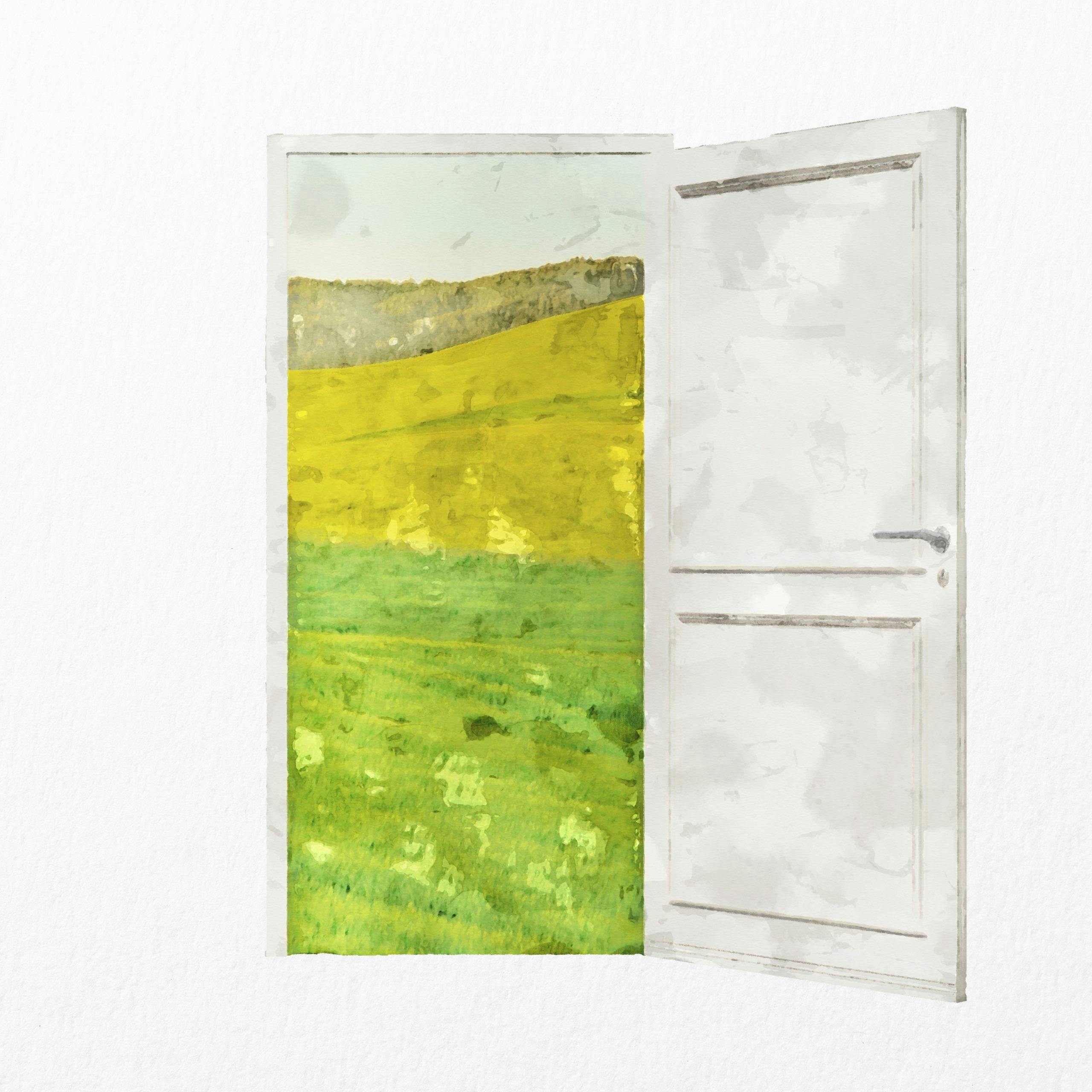
Elemental Cycle
For another mode of lingering, we call upon the elements, essential to rituals of pagan, ancient, living cultures and grounded in respect for the natural world. Here, we look at four elemental cycles, recognizing this as one doorway, and that some traditions carry more than four elements. Certain rituals begin by calling the cardinal direction associated with each element, which also represent aspects of human experience. Quintessential doorways of poems and the senses, individual elements exist in an interdependent system that comprises the world, so their references often coalesce within a poem. In this anthology, “Listening to Clouds” by Maria Bolaños explicitly engages all four. With these suggestions, we invite you into the juxtapositions of elemental energy throughout:
1. The element of North is Earth. Stability, groundedness, rest/healing, and connection with the physical self. We find guidance from Ursula LeGuin:
Let the arch of your feet be the mountains.
Let the paths of your fingertips be your maps
and the ways you go be the lines on your palms.
—from “Initiation Song from the Finder’s Lodge”
For earth poems in Read Ritual, consider: Ina Cariño’s “Yesterday’s Traumas, Today’s Salt,” Sham-e-Ali Nayeem’s “Show Us Your Papers,” and Clara Bush Vadala’s “Dear God, Please Protect Our Livestock: Prayer at the PBR, Allen, Texas, 2018.”
2. The element of East, Air. Life-giving breath, the direction of inspiration. Joseph “Butch” Schwarzkopf, in a forthcoming poem, intones:
Fill my lungs with
levity, steady like a falling leafhangin, the wind. I mean breeze
Amihan, ibon that awakened our ancestors.
—from “Gyatso of Southern Air”
We offer: “Family Hx” by Paul Hlava Ceballos, “Five Moths” by Carly Joy Miller, and “Shamiram” by Arthur Kayzakian.
3. Fire, of the South, is transformative force. Heat and light—powerful change. We’re recalled to the title phrase of Cynthia Dewi Oka’s Fire Is Not a Country, from “Meditation on the Worth of Anything”:
there could be a universal language
in whose syntax fire is not a country. Sometimes, it’s like I’m almost
there.In this anthology: Maria Guzman’s, “frankie & johnny,” Steffi Tad-y’s, “Flickering,” and R.A. Villanueva’s “Tenebrae.”
4. For West, Water—associated with emotions—a call to self-reflection activating understanding. We look to the water of “blankets” by Rachelle Cruz:
your voice wringed clean
by the river. girl hands anxious
with trying to save the soap
from dissolving in the current
Consider also: “Cuando Te Acuerdas” by Carlos Gabriel Kelly González, “I ask about what falls away” by Jason Magabo Perez, and “but when” by Czaerra Ucol.
Curated Spell-book
Often moving at the crossroads of remembering, ritual, and resistance, the poem-as-spell is an ancient form. As invocation, in full, here is LHP Prize-winner Đỗ Nguyên Mai’s “Ca Dao”:
The rice field is the oldest concert hall.
I’ve sung for four thousand years
here: in my mother, my grandmother,
the mother goddess, God. I’m already dead
when I’m singing. I am the voice
and the echo gliding on the flood,
the bombed battlefield, the grave
tucked between acres of rice.
There is no difference between the song
my mother sang carrying her father’s corpse
and the one I’m singing now.
Someday, my daughter will join—
already singing when she’s born.
We invite you to find incantations—words doing work—throughout your reading process. And, we offer:
1. Spells for the Ancestors—Invocation and Renewal: So much moves in relation to loss, memory, and renewal. Consider: “Prayer to My Ancestors” by Maria Bolaños, “For Sunday (A Glosa Remix)” by Raychelle Heath, and “Time Capsule: Days of Ash from Elsewhere” by Erin Rodoni.
2. Spells of Connection: We give thanks for ways of being, often resonant with justice, that acknowledge and rely on interdependence, now and across time. These poems attend to, desire, and call in the love and work of deep connection: Christian Aldana’s “Pantoum for 2032,” Sham-e-Ali Nayeem’s “My Father’s MRI,” Angela Peñaredondo’s “escape from monkeyhouse,” and Seema Reza’s “This Poem Is Want—.”
To know a collection of work is to interact with its different ways, moods, rituals—to experience it morph, contract, expand. The art becomes part of us, more than a doorway: it feeds and heals us, challenges and moves us, forming and gathering multiple paths. May this work provide doorways and pathways that coalesce and cypher, bringing you, dear reader, whichever rituals you need—respite, inspiration, connection, joy, justice, transformation—through the circumstances of your hunger, towards what you seek.
—
Amanda Fuller is a poet and translator who teaches at San Diego State University. With work published or forthcoming in Poetry International, Lunch Ticket, Fugue, and elsewhere, she is co-founding editor of Locked Horn Press along with Hari Alluri. He is author of The Flayed City (Kaya), chapbook Our Echo of Sudden Mercy (Next Page), and Like a Feather Holds the Sky (forthcoming, Brick Books).

